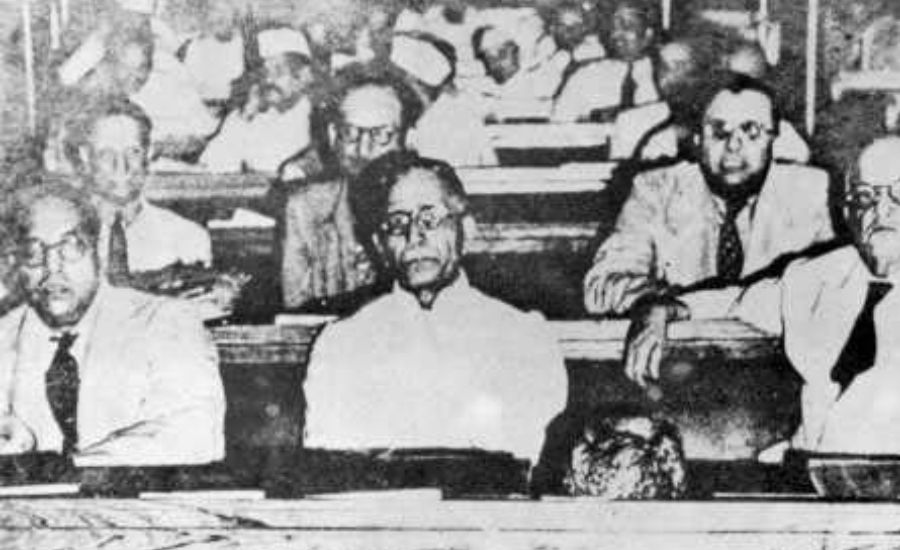
On 11 June 2022, the Supreme Court permitted the Union to re-examine the constitutional validity of Section 124A of the Indian Penal Code, 1860, which criminalizes sedition. 74 years ago, the Constituent Assembly examined the same law. Its position was clear: sedition law had no place in India’s constitutional and political future.
The Draft Constitution of India 1948 contained a right to freedom of speech and expression. This right, however, did not protect speech relating to ‘libel, slander, defamation, sedition or any other matter which offends against decency or morality or undermines the authority or foundation of the State’. On 1 December 1948, the Constituent Assembly took up the Draft Constitution’s free speech provision for discussion. K.M. Munshi moved an amendment to drop ‘sedition’ as a ground to restrict free speech.
He brought the Assembly’s attention to Section 124A of the Indian Penal Code. He recounted how this law loomed large over Indians for more than half a century. The British colonial government had arbitrarily deployed the law to punish Indians for innocuous expressions of discontent and criticism aimed at the colonial government. Section 124A was the tool to deny liberty and political freedom to Indians.
Another member Seth Govind Das narrated a personal story. His great-grandfather – a royal – had helped the British during the first Indian independence war of 1857. For this, the British felicitated his grandfather. In 1930, during the Satyagraha Movement, Das criticized his grandfather for helping the British and contributing to the continued existence of the ‘alien government’. Das was promptly slapped with a sedition charge that came with a 2-year jail term.
Rohini Kumar Choudhary argued that India’s sedition law ‘has been responsible for a lot of misery in this country and had delayed for a considerable time the achievement of our independence’. Gandhi himself was charged with sedition. At his sedition trial, Gandhi referred to Section 124A as the ‘prince among the political sections of the Indian Penal Code designed to suppress the liberty of the citizen’.
In his speech, Munshi felt that if the Assembly did not drop sedition as a ground to restrict free speech in the Draft Constitution, then ‘an erroneous impression would be created that we want to perpetuate 124-A of the I. P.C. or its meaning which was considered good law in earlier days‘. The Assembly agreed and accepted his amendment. The Constitution made no mention of sedition.
But sedition remained in the Indian Penal Code. Parliament never attempted to repeal it. And in what would have been quite a shock to Munshi and his fellow Assembly members, the Supreme Court in 1962 declared Section 124-A as constitutionally valid in Kedar Nath Singh v State of Bihar.
Now in 2022, will Parliament and the Court come closer to a conclusion similar to our framers on the future of sedition law in India?
